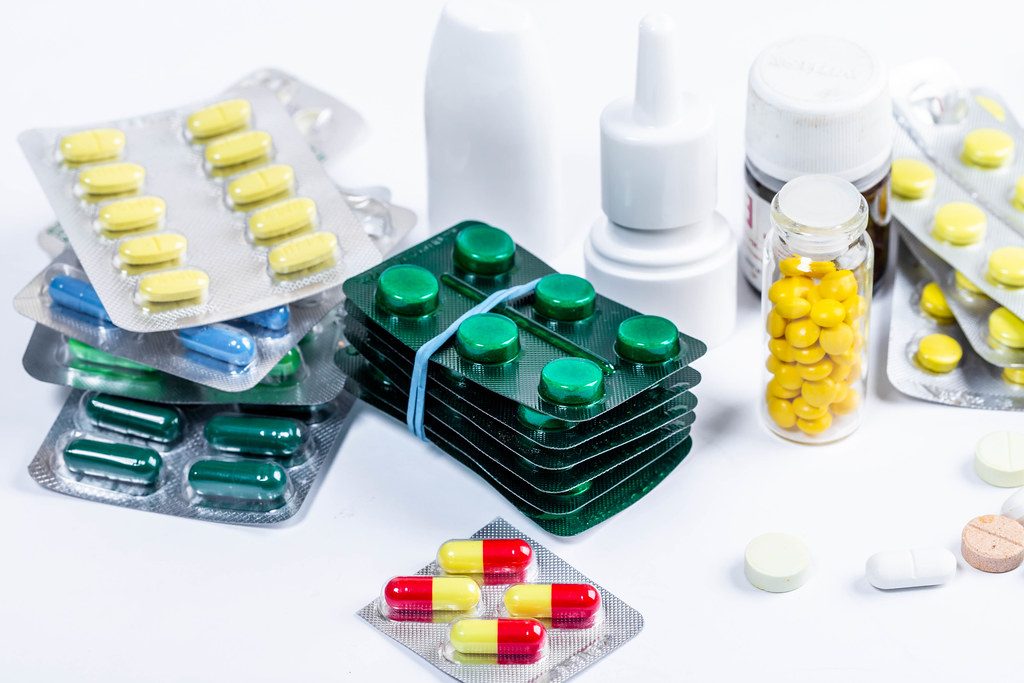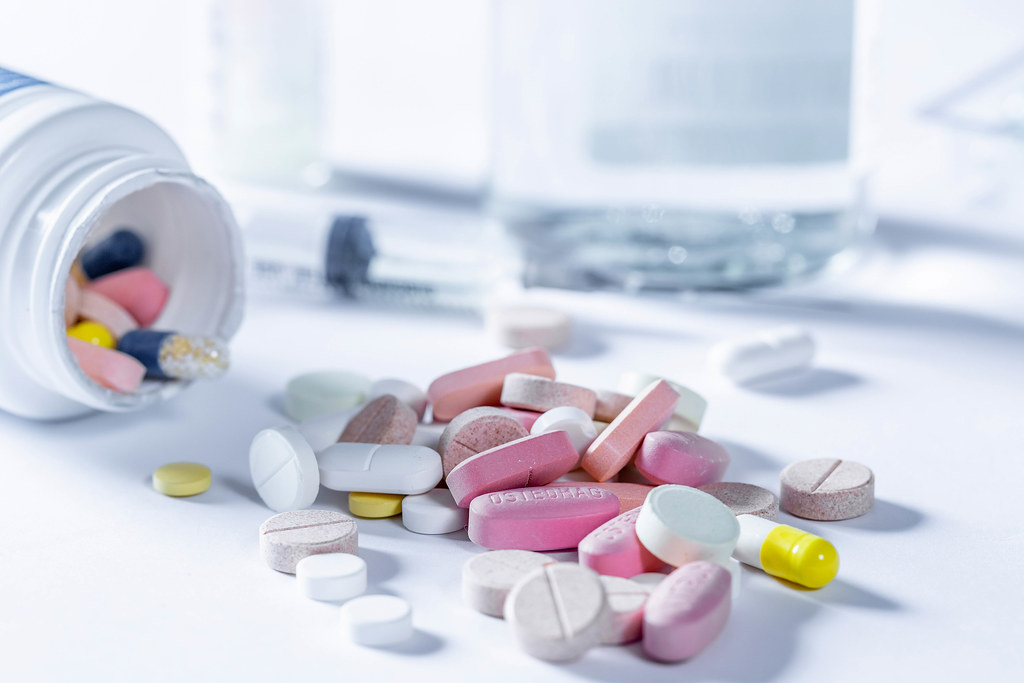Carrying your medicines, vitamins and other nutritional supplements during your travel normally falls under the jurisdiction of the US. Food and Drug Administration (FDA), Transportation Security Administration (TSA), Customs and Border Protection (CBP), or comparable
Carrying your medicines, vitamins and other nutritional supplements during your travel normally falls under the jurisdiction of the US. Food and Drug Administration (FDA), Transportation Security Administration (TSA), Customs and Border Protection (CBP), or comparable government agencies at your destination. It may be puzzling to sort through all these regulations from multiple agencies, but the usual process of flying with vitamins, supplements or medications is easy and straightforward if you understand how it all works.

Which rule from which agency should you listen to?
It helps to think of it this way:
· The TSA
You are subject to the laws of a state when you are carrying prescription medication. The TSA is in charge of your trip when you go through airport security checkpoints.
· The FDA and CBP
When you travel abroad, they are in charge of regulations concerning your return trip to the United States. They’re also in charge if you’re a visiting tourist.
· When you travel from the US. to another country
That country’s agencies and policies determine the rules at its own border. Some countries have completely different rules as compared to the US.
Tip!
Enquire with the US. Department of State’s country information pages, and consult your destination country’s embassy for consistent information about their local regulations.
General Guidelines
Different agencies may have different jurisdictions over you and your luggage throughout the course of your journey, but they do fit together nicely. The best way to travel with your medicines or supplements is to leave them in their original packaging – seal packs or containers. If the containers are too big, you can put them all together in one pack along with a valid prescription explaining why you would need those medications.
Tip!
Carrying too many pills during your travel could raise unnecessary suspicions over you and you would be flagged and embarrassed for further screening, and you might even have the excess confiscated. The FDA generally recommends visitors coming to the US should carry no more than a 90-day supply, which is also acceptable when you are traveling abroad. However, you should still check with the country’s embassy to verify for an updated version of their regulation.

What if you bought new medication or supplement abroad and bringing them back home?
You may have buy medication or bringing leftover back with you. Pay attention to growth hormones like testosterone or Tribulus, for example. They are known for raising testosterone levels but also making people prone to excess anger. Both cases are personal imports and are subject to FDA guidelines. So you should have a valid prescription with you. Normally, they won’t ask you for the reasonable amount of pills you are allowed to carry, but having appropriate documentation can save you a lot of stress, time and trouble. The more they become suspicious of you the more you are going to have a hard time getting through.
But there may be an instance where your medication is so important for your health and there is no reasonable alternative available in the US. The medication is not approved by the FDA, and you are not supposed to import it into the US. You may still be entitled to an exemption under the FDA’s Personal Importation Policy.
TSA Rules for Allowed Medication
Before boarding the plane, you will have to pass through at least one TSA checkpoint. One of the TSA rules for medications is straightforward:
· You can carry your solid medications as long as they are screened.
What about liquid medication?
You are allowed the usual “3-1-1” liquids allowance, but if your medical condition is such that you need more than that, they may ask you to open your container as part of the additional screening that liquid will go through.
Adopting the safest option for carrying your medicines
Despite the TSA is clear that they do not require you to have your pills in their original boxes, they also warn you that you are subject to individual state laws about medication labeling. So, to avoid any trouble, the safest way is to keep them in their original packaging. If that is indeed not possible, then you should seek the authorization from the embassy of the country you are going to visit.

Tip!
Don’t take any unnecessary risk to ruin your travel experience. If you badly need medication during your travel, a good option is to buy it on the territory of the country you are visiting.
You can for sure place the medication in your checked luggage, but TSA recommends keeping medication in your carry-on luggage too so you would have access easily in case you need your medication. That might also benefit you in case your checked luggage is lost or delayed, so you will still have your pills with you to take care of your health.
I hope the above has brought some light to your doubts. If you still have questions, feel free to jot down your comments below.

